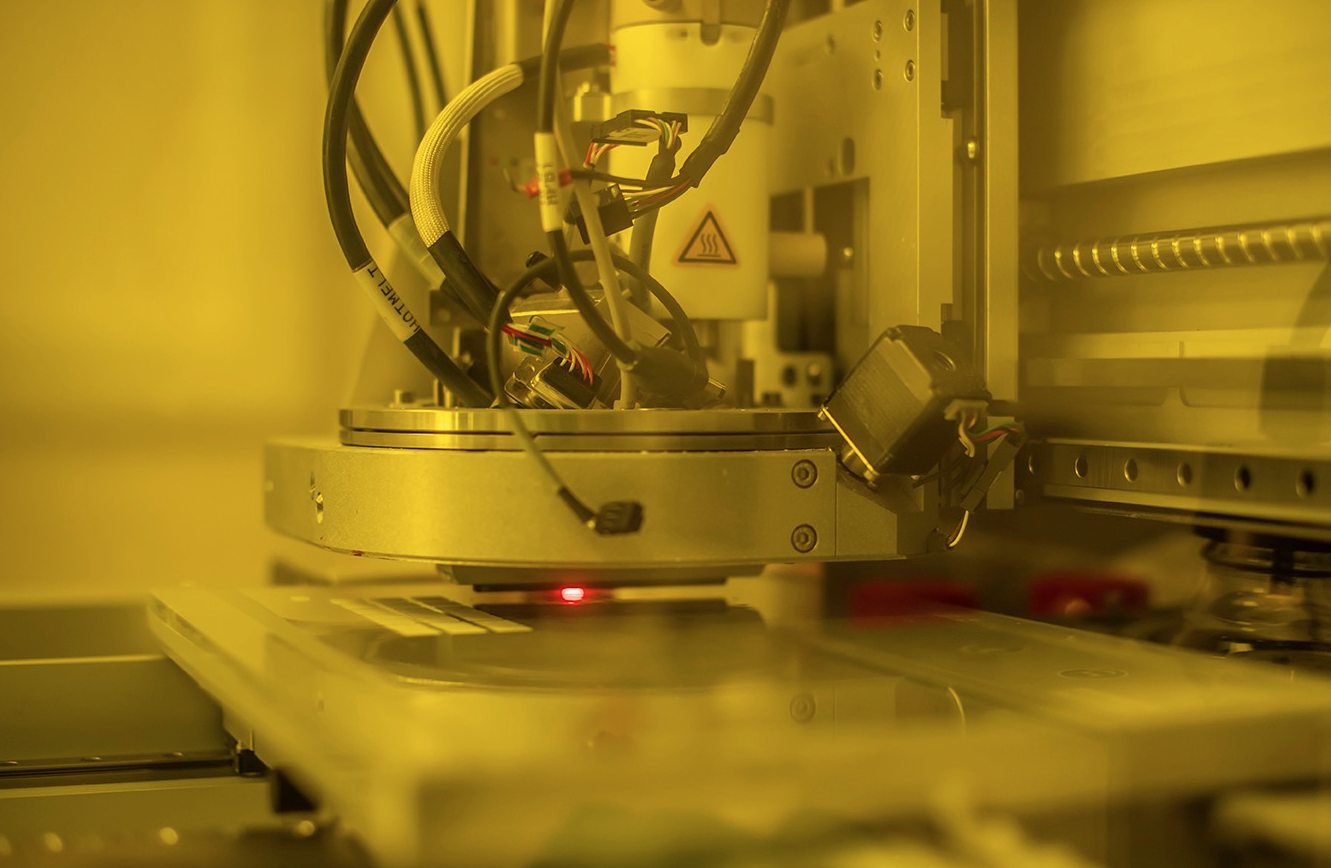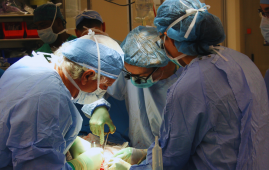

Our world has changed dramatically in just the last 20 years, let alone within the last century. But our overall progress when it comes to medical devices technology have made leaps and bounds. And it has also saved or prolonged the lives of millions around the globe.
Though medical advancement has paved the way for people to live longer lives, this also comes with a price. And this is because many medical devices have malfunctioned or have caused their users harm in some way.
Among the long list of medical devices that people are prescribed today, it’s often those which are surgically implanted within the body that tend to cause the most problems. However, there are several that are independent of the body that can cause harm as well.
In the following article, we’ll discuss a few modern medical devices that you may want to be wary of if you’re ever prescribed to use them for any medical treatment that you may need.
CPAP Devices
Continuous positive airway pressure devices, otherwise referred to as CPAP machines are devices often prescribed for those with sleep apnea. And even though these devices can help sleep apnea patients get a better night’s rest, they do come with an array of problems.
For example, Philips Respironics has recently recalled many of its CPAP and breathing apparatus devices due to the degradation of sound abatement foam that can cause severe harm in humans. And this has resulted in many seeking a CPAP sleep apnea machine lawsuit.
When CPAP sound abatement foam deteriorates, this can produce particles that are inhaled or ingested, and this can cause many health concerns. A few of which are as follows:
- Lung cancer
- Stomach cancer
- Bladder cancer
- Throat cancer
- Respiratory illnesses
- Throat inflammation
- Stomach ulcers
- Skin irritation (around the nose and mouth)
Though this represents the more severe health concerns that Philips CPAP machines have caused, these devices are also known to be uncomfortable even without the aforementioned health risks. In fact, many CPAP users also report persistent morning headaches, bloating, and persistent coughing and wheezing.
Hernia Mesh
As mentioned, invasive medical devices often prove to be the most troublesome. And hernia mesh is among these devices which also require invasive surgery.
When a hernia is evident, this is usually from strain on the abdominal wall. And if the strain is prolonged, this can result in the stomach or intestines protruding through the muscle causing extreme pain and discomfort. Though this condition is often treated through corrective surgery, hernia mesh is sometimes used, but these are also known to cause harm.
Hernia mesh is supposed to support damaged tissue and keep tissue such as muscle or organs from protruding. However, many patients have reported having the mesh shift position over time which results in extreme discomfort and life-threatening infections.
For example, hernia mesh can also damage nearby veins, arteries, or other organs. And if this occurs it can result in sepsis, a potentially lethal blood infection that can result in death if left untreated.
The key takeaway here is if you’re suffering from a hernia, know your options before agreeing to hernia mesh implants.
Breast Implants
Believe it or not, but breast implants are also considered invasive medical devices. And over the years, many women (and men) have had severe complications with implants. Though used primarily for aesthetic purposes, these implants can pose a threat in many ways.
In years past, silicone implants were known to leak and cause cancer within the body among many other problems. And though today this technology has been modified and further developed, implants still pose a problem for many women (and men) who choose to have them surgically implanted.
For example, some patients have reported immune responses and rejections of the implants which often results in having them removed. Additionally, over time, the body’s muscle mass diminishes and this can make implants sag and become unsightly. And this can result in the need for more invasive surgery in order to correct the problems. Further, Biocell breast implants have the potential to cause large cell anaplastic lymphoma in women, regardless of their size as they are often used in reconstructive breast surgery, mostly after a mastectomy.
At the end of the day, there are hundreds of medical devices in the market today that do help their patients out in many ways. However, before electing to use any prescribed medical device, especially that of the inverse type, be sure to do your research and seek alternative solutions if necessary.
more recommended stories
 Texas Medical Board Releases Abortion Training for Physicians
Texas Medical Board Releases Abortion Training for PhysiciansKey Takeaways Texas Medical Board has.
 Safer Allogeneic Stem Cell Transplants with Treg Therapy
Safer Allogeneic Stem Cell Transplants with Treg TherapyA new preclinical study from the.
 Autoimmune Disorders: ADA2 as a Therapeutic Target
Autoimmune Disorders: ADA2 as a Therapeutic TargetAdenosine deaminase 2 (ADA2) has emerged.
 Kaempferol: A Breakthrough in Allergy Management
Kaempferol: A Breakthrough in Allergy ManagementKaempferol, a dietary flavonoid found in.
 Early Milk Cereal Drinks May Spur Infant Weight Gain
Early Milk Cereal Drinks May Spur Infant Weight GainNew research published in Acta Paediatrica.
 TaVNS: A Breakthrough for Chronic Insomnia Treatment
TaVNS: A Breakthrough for Chronic Insomnia TreatmentA recent study conducted by the.
 First-of-Its-Kind Gene-Edited Pig Kidney: Towana’s New Life
First-of-Its-Kind Gene-Edited Pig Kidney: Towana’s New LifeSurgeons at NYU Langone Health have.
 Just-in-Time Training Improves Success & Patient Safety
Just-in-Time Training Improves Success & Patient SafetyA study published in The BMJ.
 ChatGPT Excels in Medical Summaries, Lacks Field-Specific Relevance
ChatGPT Excels in Medical Summaries, Lacks Field-Specific RelevanceIn a recent study published in.
 Study finds automated decision minimizes high-risk medicine combinations in ICU patients
Study finds automated decision minimizes high-risk medicine combinations in ICU patientsA multicenter study coordinated by Amsterdam.

Leave a Comment